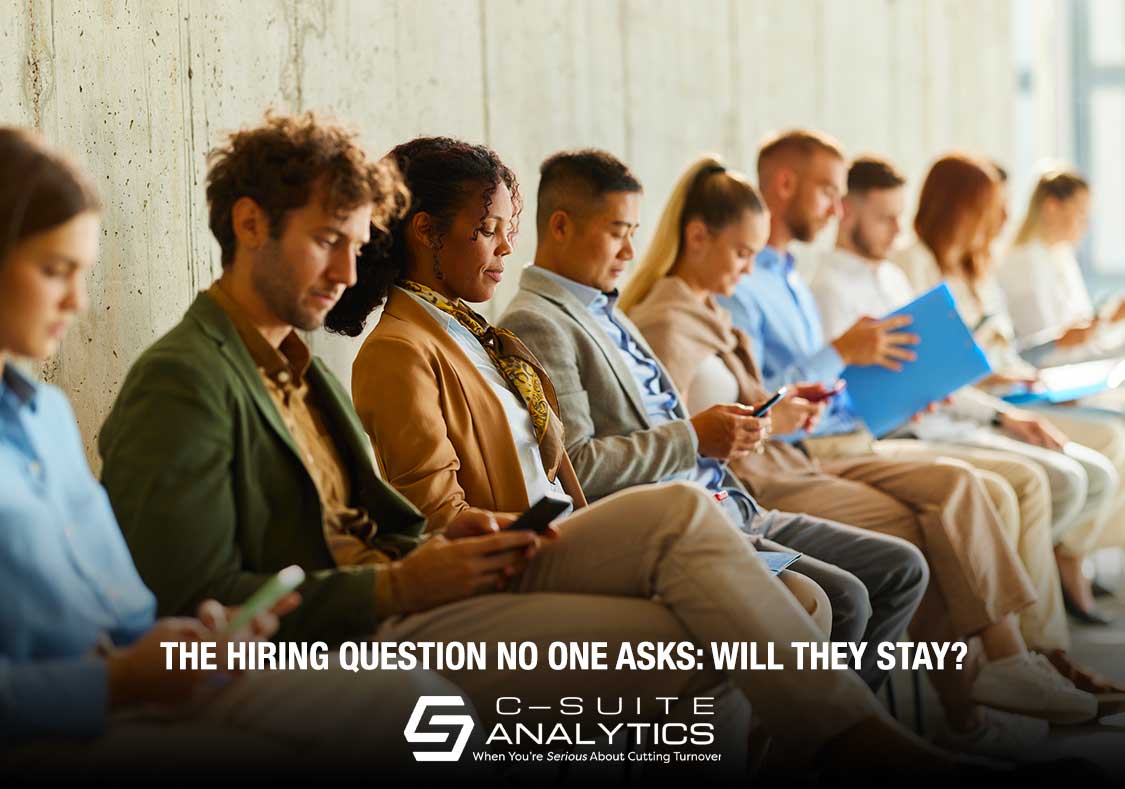Most hiring tools answer whether candidates can and will do the job, but not if they’ll stay. Learn how realistic job previews and motivational-fit interviews can improve retention from day one.
What Has Been the Pandemic’s Upside For You?

SHRM and I are collaborating on a new book, aiming to re-direct companies to build entirely new cultures and identify new benefits coming out of the pandemic. The book’s premise is there is a treasure vault of essential life information locked in the research of an academic team known as positive psychologists. “Positive” here does not mean see the glass as half full, like as if each of us comes to work each day with butterflies on our shoulders. Instead the research targets how people become happy, meaning living a life of deep happiness versus just experiencing some pleasurable events.
The book contains seven very specific characteristics happy people have that unhappy people do not. Why is it important to know this? Because to share more of a preview, less than half of your happiness is within your control. And when you look life square in the eye, happiness is really all there is.
Let’s pause here to connect some dots. If happiness is all there is, plus less than half of our happiness is within our control, I would want to learn how to become happy. And then there’s one more ingredient to consider, that according to Gallup what people the world over want more than anything else in their lives is…care to guess? A good job. So we might say that learning to become happy especially at work is our most important job of all.
One of the seven characteristics is happy people see life’s events as both good and bad, intertwined. They see the balance of yin and yang and never over-react by thinking this one event makes my life permanently better…or forever worse. For example, now that I have the perfect job/lifelong partner/won the lottery I am forever dancing through each day…or now that we are having a pandemic, I will live in fear the rest of my life.
Is there a trend regarding how most of us see the pandemic regarding good or bad? Silly question I know and here’s one leading indicator. Zoloft and its generic counterparts have been added to the Food and Drug Administration’s list of drugs currently experiencing shortages. Experts say the shortages are linked to a rising demand for antidepressant prescriptions in the midst of the COVID-19 pandemic.
So today is a good day to turn off the depressing news and ask ourselves how the pandemic is making our lives better. Journalists have said it is bringing our families closer together which is likely true for some families and not as true for others. But objectively, can you say you are happier? Closer to those you love? Building deeper friendship at work, in part because you only have each other? Thinking about changing jobs or careers? Finding ways to spend less money? Eating healthier foods? Exercising more?
Here’s my scorecard. Without the pandemic I would not be writing this piece…nor would I have done the research to teach myself about happiness as required for writing the new book. And I’ve lost 12 pounds by sweating in the Florida heat working in my yard rather than traveling for work and eating in restaurants. And through it all I love my family just as much.
What are the pandemic’s outcomes that have been good for you?
Want to see how you measure up against the 7 Characteristics of Happiness? Email me for a checklist and I’ll throw in a chapter or two of the new book as well: DFinnegan@C-SuiteAnalytics.com



